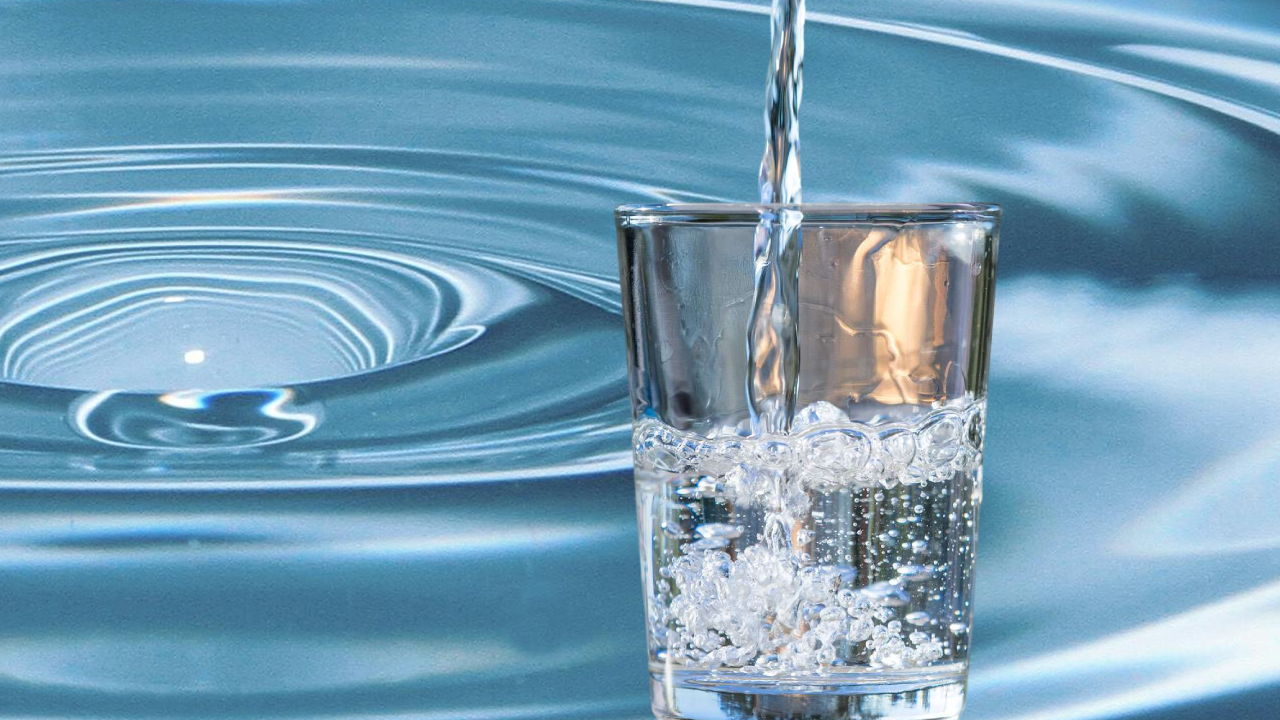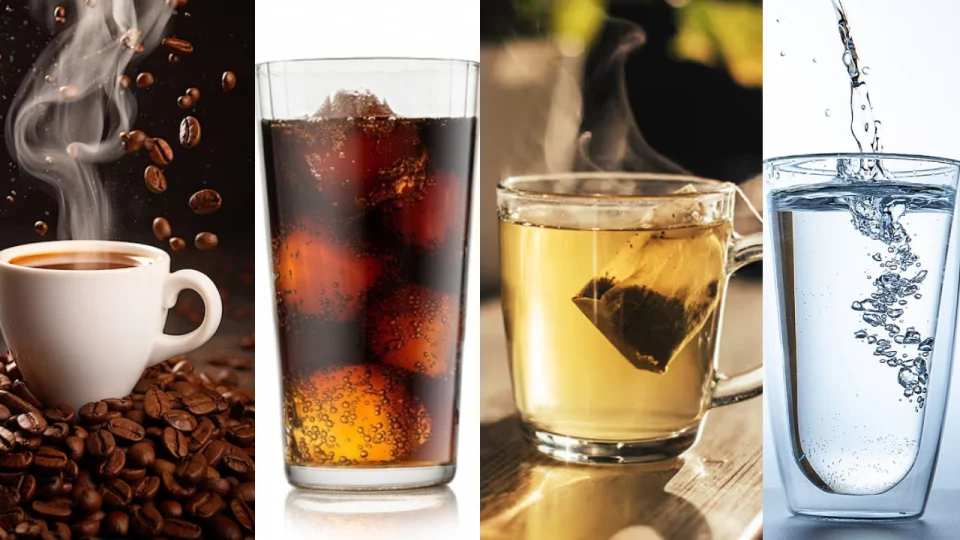Strokes are a leading cause of death and disability globally, and the risk factors contributing to stroke are complex and multifaceted. Recent research indicates that our beverage choices could play a significant role in either increasing or lowering our risk of experiencing a stroke. Specifically, consumption of coffee, soda, tea, and water has been linked to different outcomes when it comes to stroke risk. Two recent studies offer new insights into how our everyday drinking habits can affect cardiovascular health.
These findings suggest that certain drinks, like soda and fruit juices, can raise the risk of stroke, while others, such as tea and water, may help reduce it.
To understand the potential impact of beverage consumption on stroke risk, it is essential first to appreciate what a stroke is and why it is so dangerous. A stroke occurs when the blood supply to a part of the brain is interrupted or reduced, depriving brain tissue of oxygen and essential nutrients. This can happen either due to a blockage (ischemic stroke) or a burst blood vessel (hemorrhagic stroke). The result is often swift and severe: brain cells begin to die within minutes, leading to potential long-term damage or death.
According to the Centers for Disease Control and Prevention (CDC), stroke is a leading cause of death in the United States, with over 795,000 Americans suffering a stroke each year. Of these, about 87% are ischemic strokes. Considering the severe implications of stroke, understanding its risk factors—including those related to diet and beverage consumption—becomes critically important.
Table of Contents
Research Overview: Coffee, Soda, and Stroke Risk
The two recent studies, which were part of the larger INTERSTROKE project, aimed to explore the connection between beverage consumption and stroke risk. The INTERSTROKE project is an international study conducted across 27 countries and involves nearly 27,000 participants. Researchers specifically looked at how the intake of beverages like coffee, soda, tea, and water influenced participants’ chances of experiencing their first stroke.
One study focused on carbonated beverages (both sugar-sweetened and artificially sweetened) and fruit juices, finding that frequent consumption of these drinks significantly raised the risk of stroke. Consuming just one soda or fruit juice per day was associated with a notable increase in stroke risk, with females showing an even higher vulnerability. In contrast, the study also found that drinking tea or water appeared to reduce stroke risk, with water, in particular, providing significant protective benefits.
Soda and Fruit Juice
One of the most concerning findings from the study was the link between soda and fruit juice consumption and increased stroke risk. Even moderate consumption was found to be harmful. For instance, drinking one soda per day was associated with a 22% increased overall risk of stroke, and drinking two or more servings of soda per day led to an even more pronounced increase in risk. Fruit juice consumption showed similarly alarming results, with one serving per day linked to a 37% higher stroke risk and two servings tripling the risk.

These findings may come as a surprise to many, especially for those who see fruit juice as a healthier alternative to soda. While fruit juice can contain beneficial compounds like polyphenols, the added sugars or preservatives in many commercially available juices likely offset these potential health benefits. As the researchers pointed out, the high sugar content and additives commonly found in both sodas and fruit juices likely contribute to increased inflammation and oxidative stress, two major risk factors for cardiovascular disease and stroke.
Moreover, sugar-sweetened beverages have long been associated with obesity, diabetes, and hypertension, all of which are well-established risk factors for stroke. Artificially sweetened sodas, often marketed as a “healthier” option, were also linked to increased stroke risk, although the exact mechanisms behind this are still under investigation. One theory is that artificial sweeteners may affect gut health or trigger metabolic changes that can contribute to cardiovascular problems.
Coffee: The Double-Edged Sword
Coffee, one of the world’s most widely consumed beverages, was another focus of the research. The study revealed a complex relationship between coffee consumption and stroke risk. Drinking more than four cups of coffee per day was associated with an increased risk of stroke. However, moderate coffee consumption—defined as fewer than four cups per day—was not linked to an increased stroke risk and might even have neutral or slight protective effects.
This finding aligns with prior research that has shown that moderate coffee consumption can have several health benefits, including reducing the risk of certain cancers, type 2 diabetes, and even cardiovascular diseases. Coffee contains bioactive compounds, such as antioxidants, that may promote heart health by improving vascular function and reducing inflammation. However, high levels of caffeine can lead to increased blood pressure and heart palpitations, which may counteract these benefits and increase stroke risk in individuals who consume large quantities of coffee.
Tea: A Beverage That Lowers Stroke Risk
In contrast to coffee and soda, tea emerged from the studies as a clear winner in terms of reducing stroke risk. Tea, particularly green and black varieties, has long been associated with a range of health benefits. The studies indicated that regular tea consumption was linked to a lower overall risk of stroke. Tea contains flavonoids and other antioxidants that are believed to improve blood vessel function, reduce blood clotting, and decrease inflammation, all of which contribute to a reduced stroke risk.
The health benefits of tea may extend beyond its impact on stroke risk. Numerous studies have shown that tea drinkers tend to have lower rates of heart disease, high blood pressure, and certain types of cancer. The antioxidants in tea, particularly catechins, are thought to improve heart health by preventing the oxidation of cholesterol, a key step in the development of cardiovascular disease.
For those who thrive on caffeine, tea offers a way to enjoy a mild stimulant without the risks associated with excessive coffee consumption. With its lower caffeine content and abundance of beneficial compounds, tea is an excellent choice for those looking to protect their cardiovascular health.
Water: The Simplest Yet Most Effective Choice
While tea garnered attention for its health benefits, water remained the simplest and most effective choice for reducing stroke risk. The study found that individuals who drank seven or more cups of water per day had a significantly lower overall risk of stroke. Water helps to maintain optimal hydration levels, supports healthy blood pressure, and promotes overall cardiovascular function.

Proper hydration is essential for maintaining healthy blood flow and preventing the formation of blood clots, which can lead to ischemic strokes. Dehydration, on the other hand, can cause blood to thicken, increasing the likelihood of clot formation. Additionally, drinking water can help to reduce the consumption of sugary and calorie-laden beverages, further lowering the risk of stroke and other cardiovascular diseases.
Despite the clear benefits of water, it is worth noting that even overhydration can lead to health problems. Drinking excessive amounts of water in a short period can dilute the body’s sodium levels, leading to a dangerous condition known as hyponatremia. Therefore, balance is key when it comes to water consumption, as with any other aspect of diet and health.
Limitations of the Studies
While the findings from these studies are compelling, it is important to recognize their limitations. Both studies were observational in nature, meaning they cannot prove a direct cause-and-effect relationship between beverage consumption and stroke risk. In addition, the studies relied on self-reported data from participants, which can be prone to recall bias and inaccuracies.
Moreover, the studies did not account for all possible confounding factors, such as participants’ overall diets, physical activity levels, or genetic predispositions. For example, people who regularly consume soda may also have other unhealthy lifestyle habits, such as poor diets or sedentary behaviors, which could contribute to their increased stroke risk.
Despite these limitations, the studies provide valuable insights into how beverage choices may influence stroke risk and reinforce the importance of making healthy dietary decisions.
